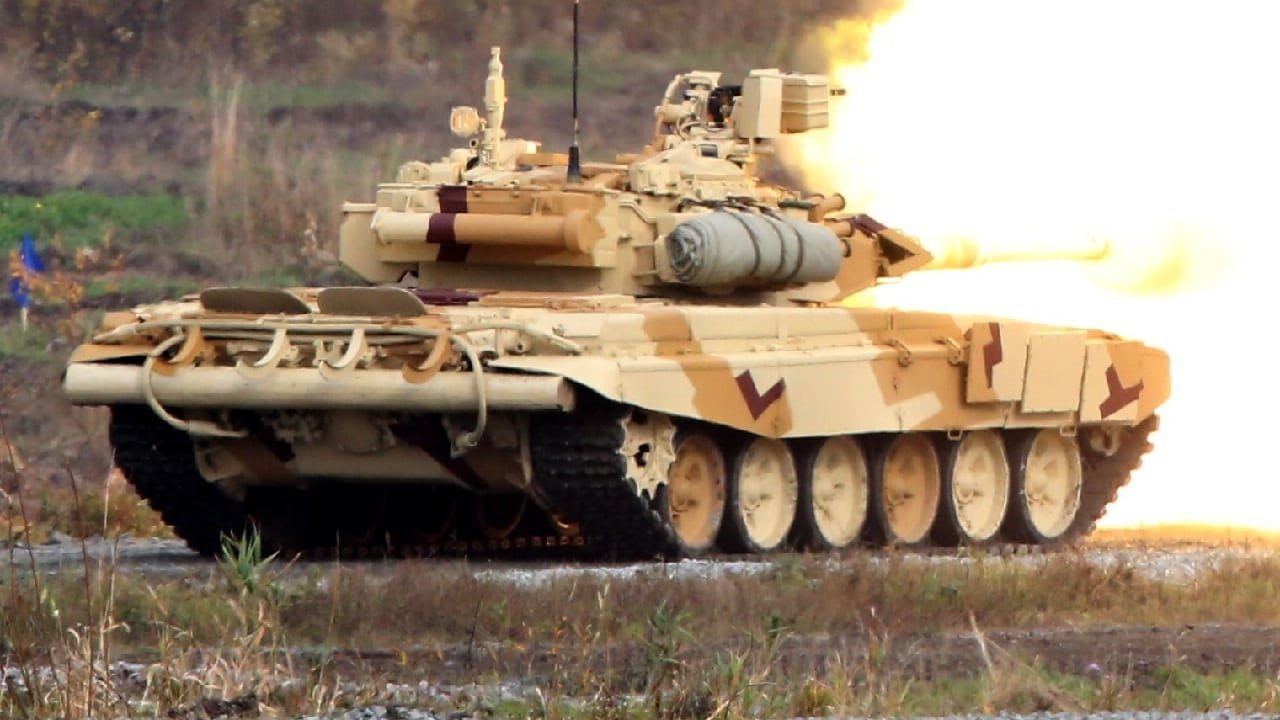The war in Ukraine drags on – On day 35 of the Russian invasion of Ukraine, the Russian forces are regrouping in the north and west of the country, while Russian troops in the south continue to besiege Mariupol.
Peace negotiations between the two warring parties in Turkey have thus far failed to produce any concrete results.
The Russian War Effort
On Tuesday, U.S. Army General Tod Wolters, the commander of the U.S. European Command (EUCOM), testified to Congress and gave some interesting insight into the Russian war effort in Ukraine and the challenges that the Russian military is facing.
Wolters said that throughout the war, the Russian high command has been very challenged in commanding and maneuvering the nearly 200,000 troops it has deployed to Ukraine. On the opposite side, Ukrainian commanders have been largely successful in managing and coordinating their troops, and Wolters believes that they can succeed in stalling Russia.
The top U.S. general in Europe also said that the Russian military has committed up to 75 percent of its total military to the invasion of Ukraine. If almost the entire Russian military is failing so badly in Ukraine, U.S. assessments about its near-peer status (the non-nuclear forces) should be reviewed.
The Ukrainian Ministry of Defense claimed that as of Wednesday, Ukrainian forces have killed approximately 17,300 Russian troops (and wounded approximately thrice that number), destroyed 131 fighter, attack, and transport jets, 131 helicopters, 605 tanks, 305 artillery pieces, 1,723 armored personnel carriers, 96 Multiple Launch Rocket Systems (MLRS), seven boats, 1,184 vehicles, 75 fuel tanks, 54 anti-aircraft batteries, 81 unmanned aerial systems, 21 special equipment platforms, such as bridging vehicles, and four mobile Iskander ballistic missile systems.
In its daily estimate of the war, the British Ministry of Defense assessed that the Russian forces in the north are withdrawing and regrouping but they are still facing logistical challenges.
“Russian units suffering heavy losses have been forced to return to Belarus and Russia to reorganise and resupply. Such activity is placing further pressure on Russia’s already strained logistics and demonstrates the difficulties Russia is having reorganising its units in forward areas within Ukraine. Russia will likely continue to compensate for its reduced ground manoeuvre capability through mass artillery and missile strikes. Russia’s stated focus on an offensive in Donetsk and Luhansk is likely a tacit admission that it is struggling to sustain more than one significant axis of advance,” the British Military Intelligence assessed.
Broken Promises
On Tuesday, Russian officials who are participating in the peace talks committed publicly to lessen the intensity of military operations in several parts of Ukraine, including Kyiv and Chernihiv in the north, as a sign of goodwill.
“Due to the fact that negotiations on the preparation of an agreement on the neutrality and non-nuclear status of Ukraine, as well as on the provision of security guarantees to Ukraine, are moving into practice, taking into account the principles discussed during today’s meeting, by the Ministry of Defense of the Russian Federation in order to increase mutual trust and create the necessary conditions for further negotiations and achieving the ultimate goal of agreeing on the signing of the above agreement, a decision was made to radically, at times, reduce military activity in the Kiev and Chernigov direction,” Russian Deputy Defense Minister Alexander Fomin said.
But reports on the ground indicate that the Russian military continued unabated its bombardment.
“Yesterday, the Russians publicly stated that they were reducing their offensive actions and activity in the Chernihiv and Kyiv areas. Do we believe that? Of course not,” Vyacheslav Chaus, the governor of Chernihiv said.
1945’s New Defense and National Security Columnist, Stavros Atlamazoglou is a seasoned defense journalist specializing in special operations, a Hellenic Army veteran (national service with the 575th Marine Battalion and Army HQ), and a Johns Hopkins University graduate. His work has been featured in Business Insider, Sandboxx, and SOFREP.

